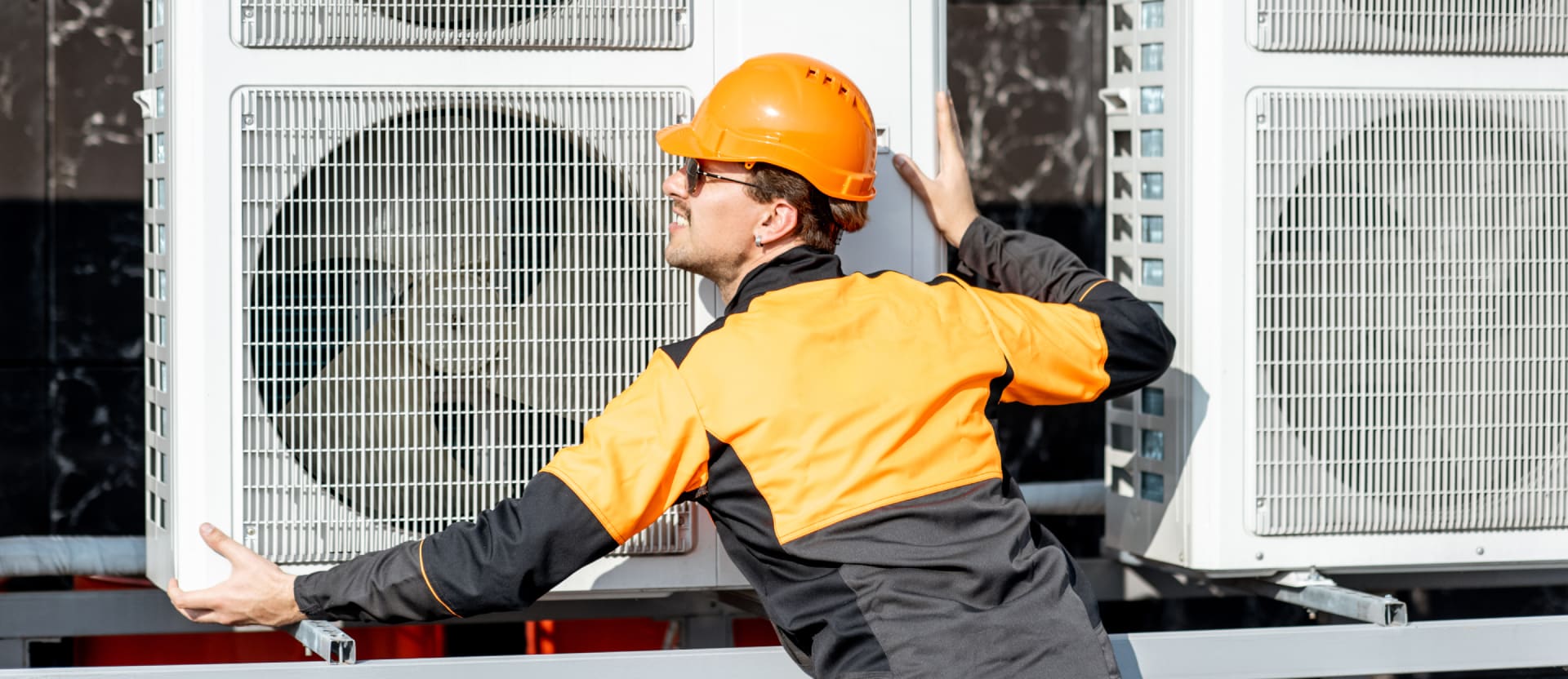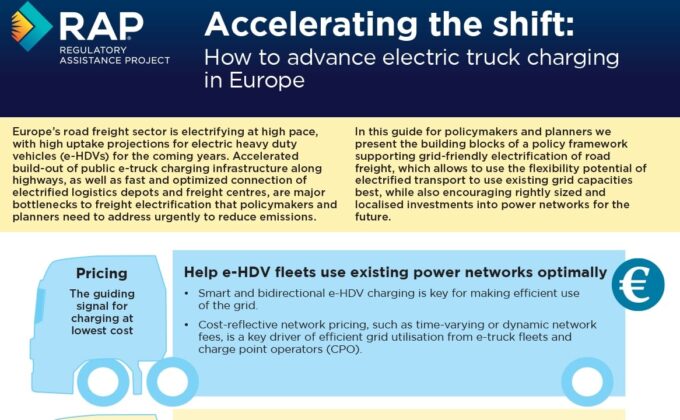
Reduce Emissions from Fossil Fuels
The need is clear and urgent: For a habitable planet, we must significantly cut our emissions from our reliance on gas and oil. Many homes and businesses currently rely on fossil fuels — gas, fuel oil and others — for heat, hot water and other energy needs. We need tactical options that can reduce fossil fuel use while providing an affordable and just energy transition. RAP helps policymakers explore available options — such as beneficial electrification and infrastructure repurposing — and shape thoughtful possibilities.
Why This Matters
Drastically reducing reliance on fossil fuels requires solutions that are affordable for all.
Despite government, corporate and individual commitments to decarbonize, investments in new gas infrastructure are ongoing and have even increased in some places. Without careful consideration of how to transition to a dramatically reduced emissions regime, consumers — especially those who can least afford it — will end up paying more.

What needs to happen
Prudent planning can ensure that unnecessary new fossil gas infrastructure doesn’t get built, while the existing network can be repurposed or phased out in a stable, reliable and affordable way. Alternative fuels are a part of this discussion. Their supply, transport, cost and environmental impact need to be carefully considered, and they’re not going to be the right choice for every customer or system. Making the transition means overcoming a deeply complex set of challenges that vary by country, city and customer.
How RAP is Energizing Change
RAP helps decision-makers focus on the realities of transitioning off gas, or keeping it in a dramatically different form.
Change is hard, but it’s easier to move to clean energy solutions when innovative ideas are backed by data, tailored to local realities and presented with examples of how the ideas succeeded elsewhere.
With consideration of the needs of marginalized communities, we have identified strategies for delivering a safe, reliable move away from fossil fuels. Our recommendations include clean heat standards to create a market for innovation; rules to improve ambient and indoor air quality; and careful, integrated gas and electric planning.
INSIGHTS FROM RAP EXPERTS
October 30, 2024
Model Rule: NOx and GHG Emissions Standards for Space and Water Heaters



